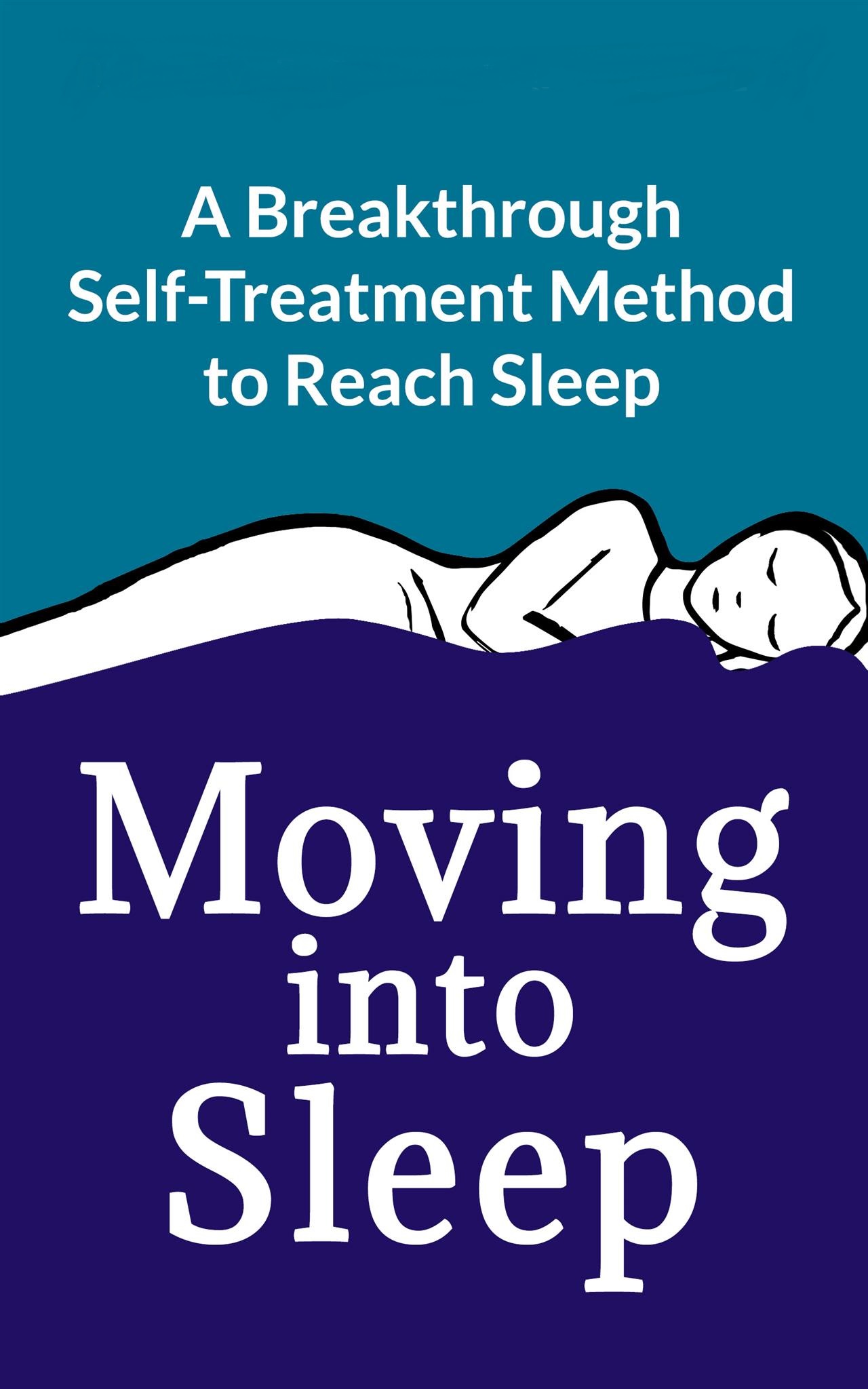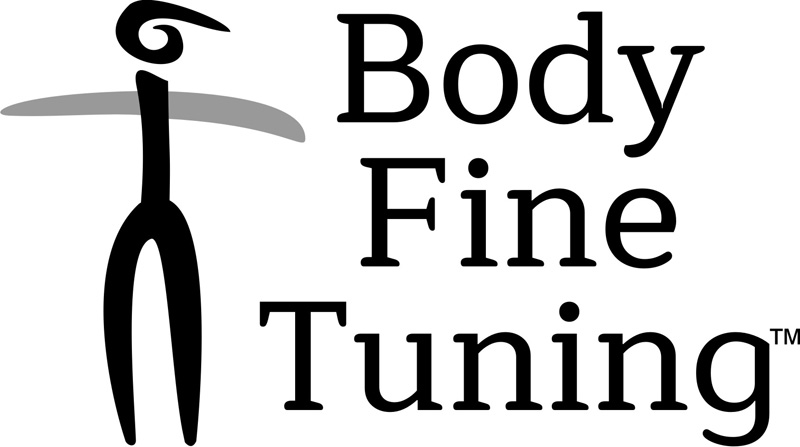The Interplay Between Insomnia and the Hormone System
Hormones are chemical messengers that play a crucial role in regulating processes like growth, metabolism, immune function, and stress response. Ideally, the levels of all hormones is just right. As you might have guessed, getting optimal sleep is one of the keys for the proper functioning of the system. Just one poorly slept night can already disturb hormonal balance and trigger changes that impact your health and wellbeing.
Here are some ways a lack of sleep can affect and disturb hormonal system and balance:
Effects on Cortisol
Often referred to as the stress hormone, cortisol is regulated by the body's internal clock and sleep-wake cycle. Poor sleep can disrupt the normal cortisol rhythm, leading to elevated cortisol levels during times when they should be decreasing. This can contribute to increased stress, mood disorders, and potential metabolic disruptions.
Impact on Growth Hormone
Growth hormone, responsible for tissue growth and repair, is released predominantly during deep sleep. Lack of sleep can lead to decreased growth hormone secretion, impairing tissue healing, muscle recovery, and overall physical health.
Insulin Resistance and Diabetes Risk
Produced by the pancreas, insulin plays a critical role in regulating blood sugar (glucose) levels in the body. Optimal balance is important, because too much glucose in blood causes cellular damage. Lack of sleep and poor sleep quality challenges the situation causing reduced insulin sensitivity which is a major risk factor for metabolic disorders like type 2 diabetes.
Appetite Hormones
Just one night of poor sleep can affect the balance between appetite-regulating hormones leptin and ghrelin. The levels of leptin hormone that signals satiety, tends to decrease, while ghrelin, the hormone that stimulates hunger, tends to increase. As a result, there is a tendency to start overeating while to fix the situation, getting enough sleep can promote ideal balance.
Thyroid Hormones
Disruptions in sleep can adversely affect thyroid function, influencing the release of thyroid-stimulating hormone (TSH) and thyroid hormones (T3 and T4). Altered thyroid function may lead to metabolic irregularities, weight changes, and changes in energy levels.
Conclusion
As hormones work behind the scenes, it's very likely that most people are unaware of the many potential imbalance risks, especially those caused by lack of sleep. This is why sleep education is important. Healthcare providers should always look at sleep patterns and quality when they are evaluating patients. Ideally, health care should always target both sleep and hormone-related issues reflecting the complex interplay between sleep quality and the hormone system

To get the best possible sleep every night, one key is to calm the nervous system. Learning how to do this, is the aim of the Moving into Sleep Method which is a new somatic self-care technique, based on educational neuroscience In minutes, you can calm your nervous system by doing gentle sleep-inducing movements and get quality sleep even when the conditions are challenging.
Thanks for reading,
Oliver
“Better sleep is just a gentle movement away”
Keywords: Educational neuroscience, Insomnia treatment, Psychophysiological insomnia, Primary insomnia, Learned Insomnia,
